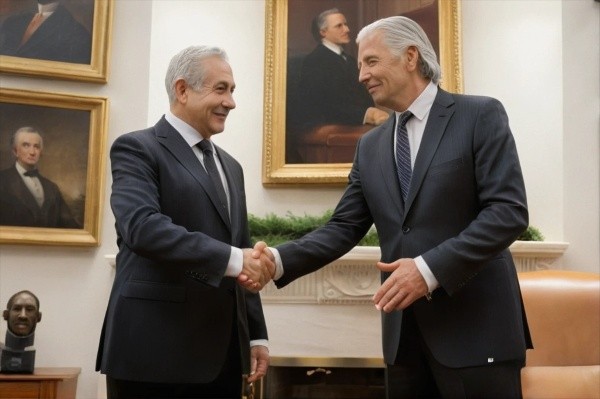Iran’s Plan to Strike Back Against the U.S.
Iran’s Military Preparations Following U.S. Attacks
Loading...

US publicly states its goals are ceasefire in Gaza and regional de-escalation, but its ally Israel makes that difficult.
The recent assassination of Hamas's political leader Ismail Haniyeh in Tehran has raised concerns about the potential for wider regional conflict, drawing the attention of the United States. Despite publicly stating its goals of achieving a ceasefire in Gaza and regional de-escalation, the US faces challenges in maintaining these objectives due to the actions of its ally, Israel.
US Position and Diplomatic Efforts
White House official John Kirby reiterated US support for Israel while emphasizing Washington's desire for regional de-escalation. The US has expressed its commitment to seeking a diplomatic solution and has been involved in mediating potential ceasefire negotiations between Israel and Hamas. However, the recent events, including the killing of Haniyeh and a senior Hezbollah commander, have complicated the US's twin objectives of achieving a ceasefire and regional de-escalation.
Potential for Escalation and US Military Involvement
The assassination of Haniyeh and the killing of the Hezbollah senior commander have heightened concerns about the potential for an expanded conflict that could draw in US forces stationed in the region. Analysts have highlighted the necessity of securing a ceasefire in Gaza to prevent further escalation and maintain regional stability. The US's ability to prevent wider conflict and protect its interests in the region is contingent on achieving a ceasefire and de-escalation.
Challenges and Criticisms of US Policy
Some observers have criticized the US for not taking more assertive action to achieve a ceasefire, particularly in light of the significant casualties in the conflict. There are calls for the US to enforce principles of de-escalation and ceasefire by halting the transfer of weapons, which could have facilitated a ceasefire earlier. The US's approach to the conflict has faced scrutiny, with concerns raised about the contradiction between its stated goals and its actions in the region.
Regional Dynamics and Potential Consequences
The recent events have complicated the delicate balance of power in the Middle East, with the potential for wider repercussions and increased tensions. The situation has raised questions about the potential for an expanded conflict and the role of the US in preventing further escalation. The US's ability to navigate the complex dynamics in the region and achieve its objectives remains a critical concern.
Conclusion
The killing of Hamas's political leader Ismail Haniyeh in Tehran has presented significant challenges for the United States, which has publicly stated its goals of achieving a ceasefire in Gaza and regional de-escalation. The recent events have heightened concerns about the potential for wider conflict and the involvement of US forces in the region, underscoring the complexities of the situation and the need for diplomatic efforts to prevent further escalation.
Editor
Iran’s Military Preparations Following U.S. Attacks
Troops remain in five strategic locations, raising fears of renewed tensions and long-term occupation.
Opposition forces have taken control of the capital after a significant offensive. Here is how it unravelled.
